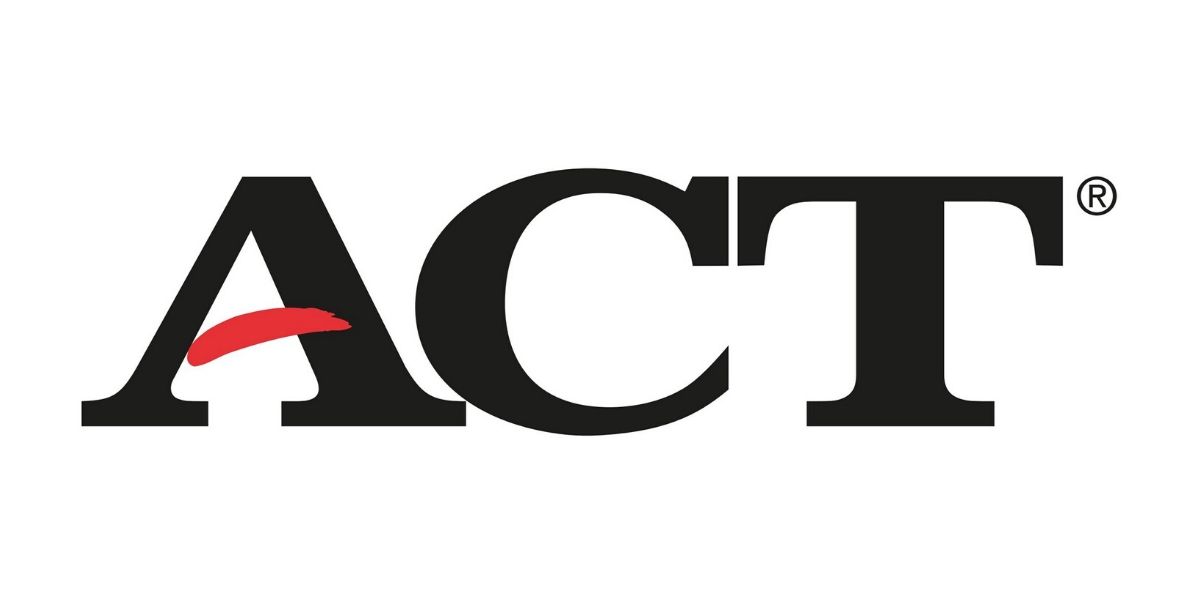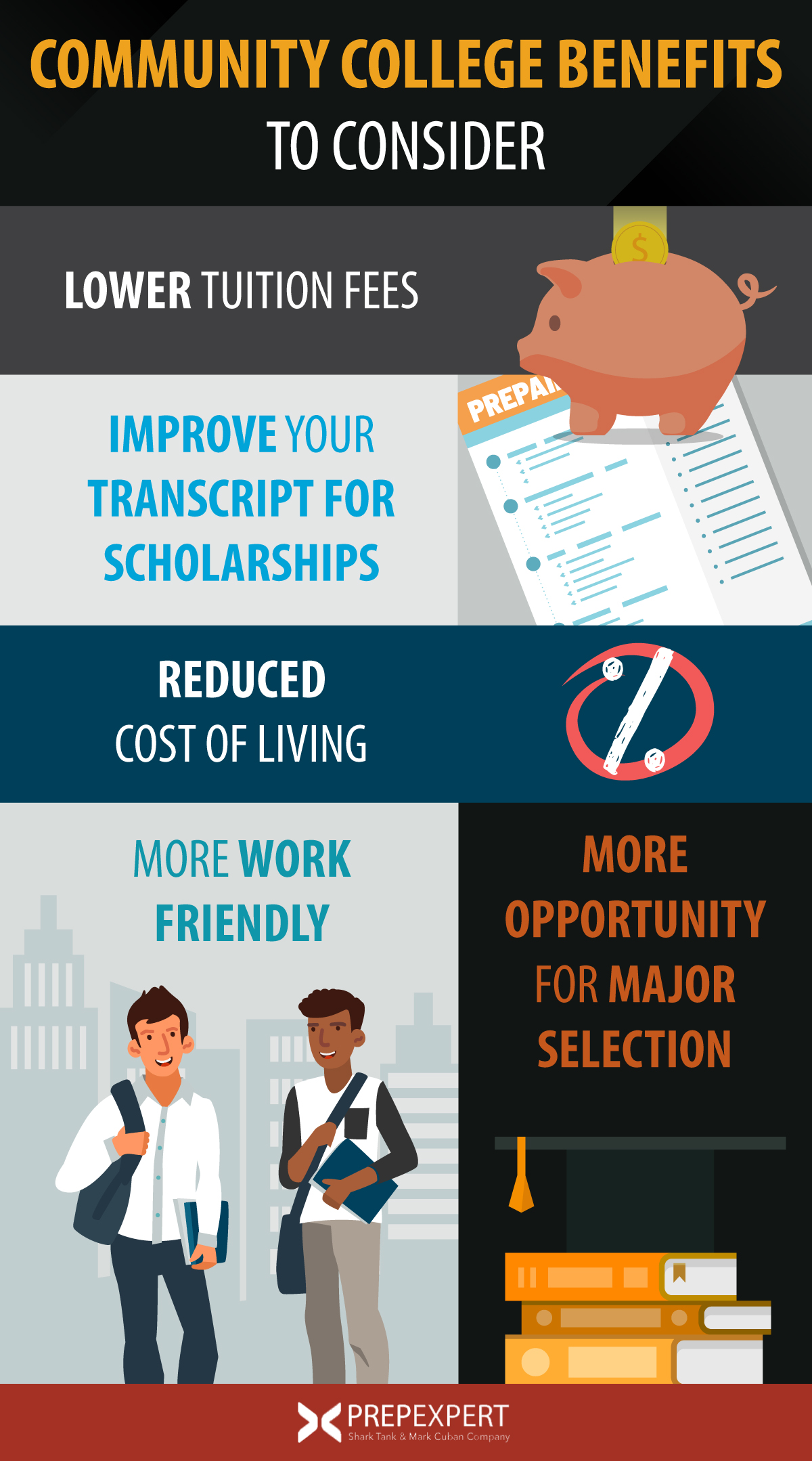Community College Benefits To Consider
Community college is usually looked down upon by high school students who don’t understand how it can help them out. Community college can actually make the total college experience cheaper and better if approached correctly.
Before discarding it as an option, consider these community college benefits and how they can help make your college admissions journey easier.
Don’t forget to check out all of our available SAT prep and ACT prep courses today.
Lower Tuition Fees
Get regular college credits for community college prices.
It doesn’t matter what college you eventually attend, your first two years are spent taking basic curriculum courses. The good thing is, you can take those same basic courses at a community college for much less money.
A typical university credit hour for these basic classes ranges from $400 to $600. At most community colleges, that same credit hour can be between $45 to $250 (depending on school and residency). Even at the higher end, your saving almost half the cost per credit hour.
Multiply those costs over two years worth of classes and the savings add up quickly. Remember to make sure that you can transfer over those credits when moving to a regular college or university.
Improve Your Transcript For Scholarships
Community college can aid your scholarship hunt.
Let’s say that your high school transcript was ok, but didn’t show particularly high grades or improvement over time. Chances are you won’t qualify for most available scholarships.
However, going to community college and racking up straight A’s in a number of courses there, will provide your transcript a boost. With that improved performance, you can go back out and apply for new scholarships.
Furthermore, you can use that improved transcript to attempt transferring into more prestigious colleges that were too competitive your freshman year. Either way, your chances to receive more aid rise with a stronger transcript.
Reduced Cost Of Living
Remember that tuition isn’t your only major bill.
If your dream school is in another state, then you must factor in living costs like:
- Fuel
- Rent
- Vehicle Maintenance
- Groceries
All of those bills add up quickly. Community college, on the other hand, provides an opportunity to earn transferable credits, while staying at home to save money simultaneously.
It may not be as exciting as dorm life, but you also avoid accruing thousands of dollars in student loan debt to cover living expenses. When you’ve earned enough credit, then you can move out with the money you’ve saved thus far.
More Work Friendly
Juggling a job and class work is easier with community college.
Many students, whether they’re full-time or part-time, have to work a job while attending college. Whether it’s on a part-time basis or pursuing a current career, the fact remains that juggling schedules between work and classes gets difficult.
Community colleges understand this problem and often have greater schedule flexibility. You’ll find more night and weekend courses than at a typical four-year college or university.
Over time, you can still earn your needed credits without putting too much strain on work responsibilities. The juggling act remains, but it’s a more manageable one.
More Opportunity For Major Selection
Community college lets you test the waters for a major with less stress.
Let’s say you’ve set your mind on a specific major and sign up for a regular four-year college. You pay the hefty tuition and housing fees, attend a number of expensive classes and…discover you don’t want to study this major anymore.
Chances are you can still switch but at a significant loss, because of what you’ve paid so far. Community college is great for students who aren’t entirely sure of what they want.
You can take a number of different classes at lower credit hour pricing, so even if you discard 2-3 potential majors, you aren’t at a huge loss. Once you find your path, it’s easier to start that curriculum and then transfer to a four-year school.
For more test strategy, college admissions, and scholarship application tips sign up for our FREE class happening right now!
Written by Todd Marcus
More from Todd Marcus

Taking The ACT Junior Year
If you're ambitious and want to give yourself plenty of time for score improvement, then consider taking the ACT junior…

ACT 2020 Score Release Dates
Here then are the ACT 2020 score release dates to plan around, as well as, the different kinds of available…

How To Determine Your Average SAT Study Time
If you want a high score on the SAT, then you need to put in the hours. There's no way…
